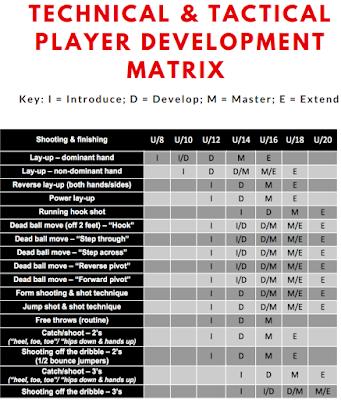We Have to Lead Ourselves

The most important part of being a leader and a coach? You have to first learn how to lead and coach yourself. You have to model how to bring energy and enthusiasm - everyday - whether you 'feel' like it or not. We ask our players to leave their problems in the locker room and stay focused between the lines. We have to be able to do the same and be completely invested and locked in on them and for them. We have to hold ourselves accountable. We have to be life-long learners and find ways to learn, grow and get better. We want our athletes to work on their game outside of practice, we want them to come early and stay late, and we want them put the extra work in to be great. We have to be willing to do the same. We have to be ready to learn and get better at what we do. We have to make sure that we are willing to come early and stay late and we have to encourage it and push for the extra effort that we want. We have to ...










